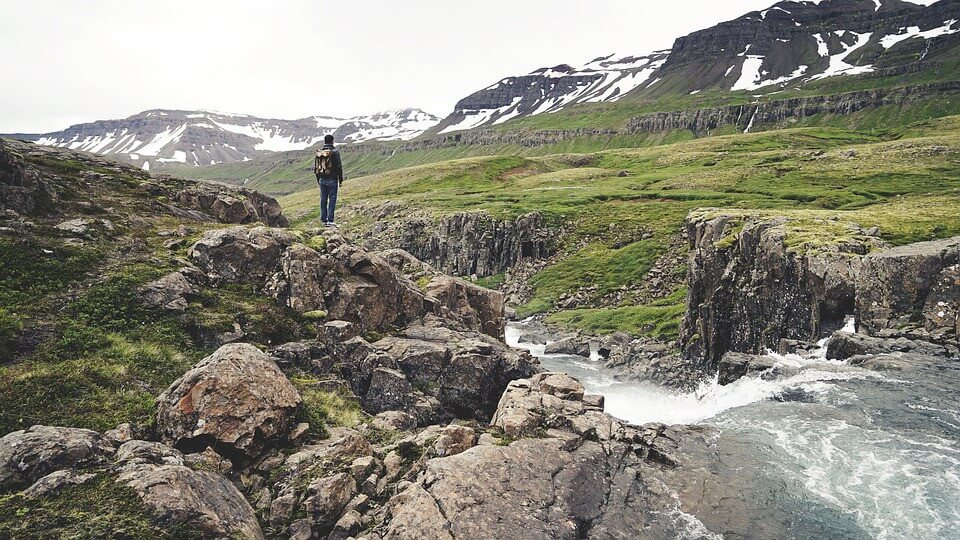Hiking can be both rigorous and relaxing, depending on your unique experience level. However, when it comes to the former, it is important to keep a close eye on your physical wellbeing as you hit the trails to avoid a potential health crisis, one where help may potentially be far away and difficult to reach. A big part of this foresight is avoiding exhaustion, which can occur quicker than some may think — especially on hot days, when it might be paired with any number of serious symptoms stemming from dehydration.
These precautions in mind, here are a few easy ways to avoid excess fatigue during your next hiking trip.
Establish a fitness foundation
The easiest way to avoid hiking exhaustion is to prevent it from ever becoming a reality, and the first step in this process is establishing a foundation of personal fitness. Like any sport or physical activity, hiking should be enjoyed at a gradual incline in terms of difficulty and duration. Ease into your outdoor endeavors by starting on short, easy trails posing little to no immediate risks for excessive fatigue. Paired with your own personal fitness regimen, these short-burst activities should be kept comfortably difficult; if you start to feel significantly drained, take a break or consider ending the hike early. Even if these types of setbacks occur early, in time you should notice a progression in your physical abilities.
Dress properly
It should go without saying that proper apparel is crucial when entering any hike, regardless of your experience level. That said, many forgo appropriate clothing preparation; they either simply overlook them in favor of other preparations or they underestimate the conditions in which they will be hiking. Take a few minutes to audit yourself in terms of your hiking outfit, taking all weather conditions, trail conditions, and your own physical demands into account. Go piece-by-piece if you must, starting with your footwear and going all the way up to potential headwear.
Hydrate and eat well
It is of utmost importance that you hydrate and appropriately fuel up before hitting the trails. The average hiker should consume about four liters of water before beginning a hike; this will keep you comfortable and alert while also reducing the risk of cramps, chronic thirst, and other ailments that can ruin an otherwise enjoyable hike. Make sure to eat prior to heading out, for similar reasons, and consider taking a few nutritious snacks along to keep yourself fueled in the moment. Fruit and sports bars are quick and easy choices.
